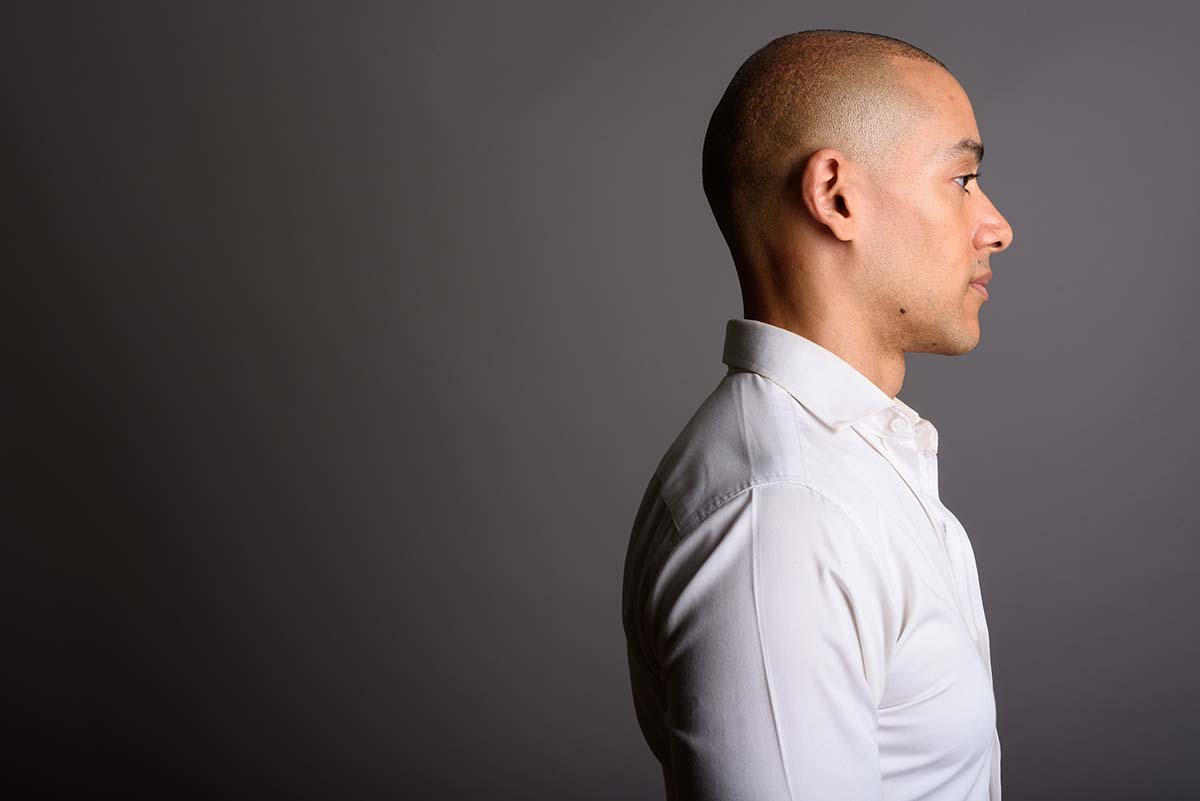
What do most Toronto hair transplant clients have in common? Contrary to common misconceptions, these procedures don’t suit everyone, and not all types of hair loss require a transplant for restoration.
People lose hair every day. Believe it or not, the average man or woman can drop up to 80 strands each day. But if it’s beyond normal shedding — known as telogen effluvium — you might begin researching hair transplants. The Toronto Hair Transplant Clinic (THTC) sees people from all walks of life and with multiple forms of hair loss. We share a passion for problem-solving and a sincere desire to help each and every client look and feel their best. That’s why we want you to know what you have in common with our patients, from problem to solution.
Why do Toronto hair transplant patients lose hair?
There are several reasons why you may lose hair beyond what’s deemed to be average. In Toronto, hair transplant experts know that the most prevalent trigger for fallout can be traced to genetics. Your genes may predispose you to hair thinning, which presents as a gradual, progressive decline in the volume of your hair. Clinically known as androgenic alopecia, this hereditary form of shedding is caused by follicle sensitivity to male hormones (androgens), which leads to shorter, wispier hairs with each growth cycle until hairs disappear.
This condition leads most Toronto hair transplant patients to the THTC. With men being more susceptible, the condition is commonly referred to as male pattern baldness. Women have genetic androgenic alopecia too, but it shows up later in life for most females during menopause. For women, the signs are usually thinned hair all over the scalp and a widening part.
Hair loss can also be a temporary response to health problems or pharmacological triggers. Nutritional or physiological issues like crash dieting, vitamin deficiencies, stress, prescription medications, or disease may all cause hair to fall out.
Are All Causes of Hair Loss Permanent?
Thankfully, the answer is no. Many of the reasons for follicle damage or thinning hair are temporary, and once the cause is addressed, hairs can grow back. But when follicles no longer grow hair, surgery is considered.
How do hair loss triggers impact the need for hair transplants in Toronto?
Do Toronto hair transplant surgeons treat all the causes of hair loss the same way?
While the common reason for each person to visit a hair specialist is their loss of hair, there are a variety of treatments, not just one-size-fits-all solutions.
There’s no way to prevent balding completely if it runs in your family, but some people have success with topical and oral treatments to slow down the process. Minoxidil, a topical medication that promotes hair growth, can be useful for both men and women. Finasteride, an oral drug used solely by men, has garnered some success too. However, in the case of both the topical and oral medications, once these treatments are stopped, the fallout will resume. When it becomes progressive and permanent, the best option to consider may be a hair transplant in Toronto.
Even temporary thinning of locks prompts many people to undergo treatments to boost strand thickness and growth density. Sometimes nutritional and lifestyle changes will be prescribed, along with a non-surgical hair growth procedure. In Toronto, hair transplant surgeon, Dr. Cory Torgerson, often recommends PRP (platelet-rich plasma therapy) for improved hair growth and scalp health. This 100% natural growth-boosting formula is derived from your own body and accelerates results as you get your mane back on track. Likewise, laser light therapy is a leading choice for non-invasive hair growth stimulation. Patients can access the light technology that combats hormonal follicle damage and stimulates root nourishment through brief, daily applications of the laser light cap or helmet.
Toronto Hair Transplant Costs
Cost plays an integral role in when choosing whether or not to undergo hair transplant in Toronto. For this reason, it’s imperative that you thoroughly research your preferred clinic and surgeon. Too many hair transplant patients seek experts to repair operations that they received overseas in places that mass market hair transplants. Turkey, India, and other destinations draw high numbers of patients from Canada seeking low-cost transplants. The patients’ disappointment with poorly planned and executed procedures leads them to higher-priced hair transplant surgeons for repair and camouflage. Save yourself the frustration and potential costly repeat procedures by choosing your clinic carefully. You have a limited number of valuable follicle grafts on your head, and you’ll need a skilled, strategic hair restoration plan to deliver the fuller look you want now and in years to come.
For years, the Toronto Hair Transplant Clinic has been known for successfully performing hair restoration surgery for men and women alike. As a facial surgeon and hair restoration specialist, Dr. Cory Torgerson will examine the progression and permanence of your hair loss to determine whether you’re a suitable candidate for a hair transplant. Knowing how long you’ve been experiencing it, the type, pattern, and availability of healthy donor follicles are critical pieces of information to determine your candidacy for hair transplant surgery.
If you’re not ready, not interested, or don’t qualify for a hair transplant, we assure you there are numerous other treatment options and products to consider. Trust an experienced guide to help you restore your confidence quickly and safely.
Are you ready to schedule a hair transplant consultation?
Dr. Torgerson’s clinic offers the FUE (follicular unit extraction) NeoGraft and SmartGraft systems. In this advanced, digitally assisted process, hair follicles are extracted in micro-groupings from donor sites and transplanted into the balding area 1 unit at a time. On average, each graft contains 1 to 4 follicles. An entire NeoGraft session can see the transplanting of 500 to 2,500 grafts. In determining the cost, the number of grafts needed to provide optimal coverage to the area is considered. With the NeoGraft procedure, the cost per graft is between $5 and $7. (Prices are subject to fluctuation over time.)
THTC provides a safe and comfortable environment and entirely personalized options for each patient. We look forward to working with you.





